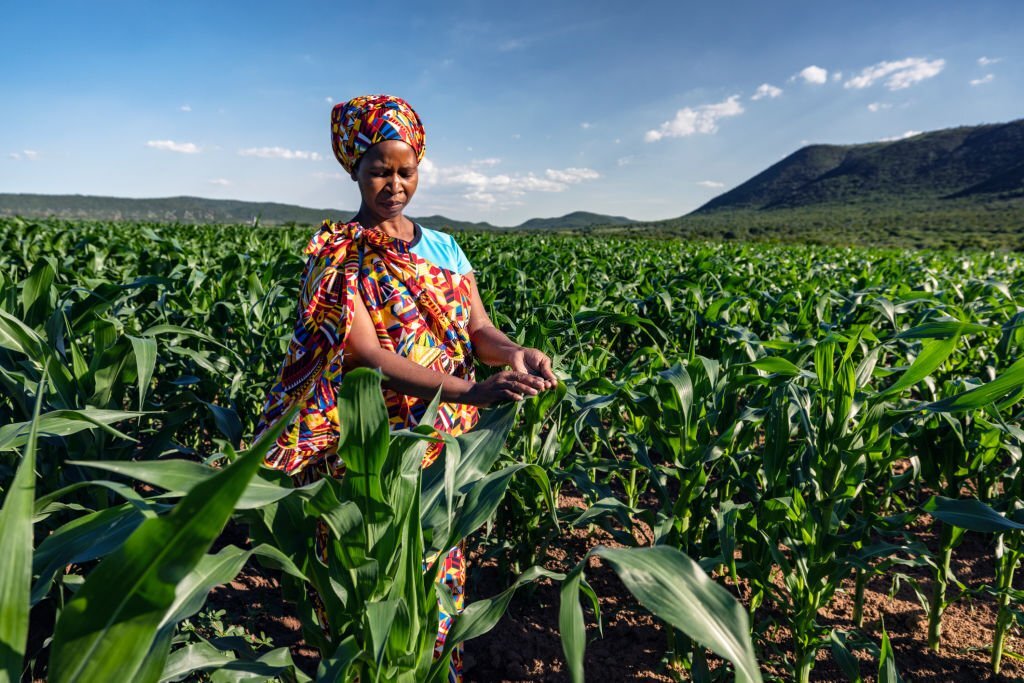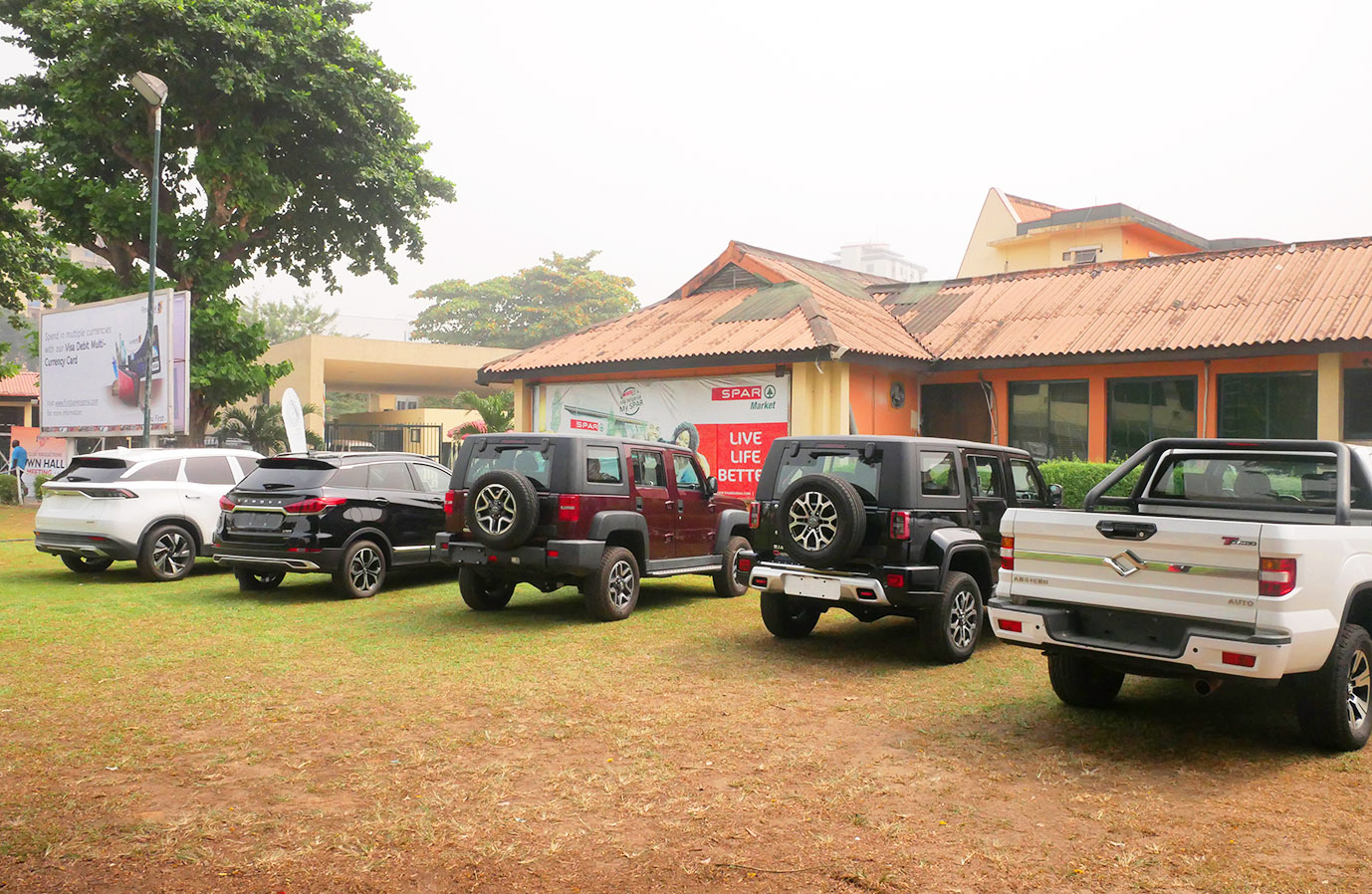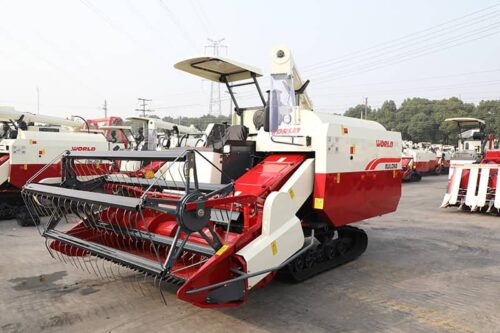Farming is one of the oldest and most essential professions in the world. For aeons, the use of hoes, cutlasses and crude implements were heavily adopted for farming. Practices such as the use of animals for ploughing and bare hands for harvesting contributed a great deal to the growth and survival of man.
Today, however, nations and its people have over time built better systems and methods of farming that cater to the pace, demand and needs of the 21st century. With almost 8 billion people in the world, and the demand for food at its all-time high, countries are now, more than ever, dependent on efficient, mechanized ways of farming.
Mechanization – The new way of farming.
Agric mechanization involves the use of farm machinery and equipment in carrying out farming practices usually executed by humans or animals. Mechanization favors efficiency and productivity over all else, stamping out the use of muscle power and manual labour in all areas of farming. It promises the gains of wealth, convenience and overall ease for farmers. These are however not benefits the average Nigerian farmer enjoys.

To put things into perspective, meet a hypothetical farmer; Mallam Zuru Danladi. He is a 43-year old farmer who farms rice on his 8 hectares of land. Despite the great improvement and the advancement in science and technology, Mallam Zuru still makes use of crude farming tools and equipment because modern farm implements are scarce in his community.
It takes him days to plant his rice farm by hand and when he tries to harvest, it results in losses of his yield and impacts his profits negatively.
Mallam Zuru’s predicament is typical of a lot of Nigerian farmers in rural communities. Low access to mechanized farming in the country has sorely limited the productive capacity of farmers and affected their ability to achieve good economies of scale.
Based on this report, Nigeria is one of the least mechanised farming countries in the world with a tractor density of 0.27hp/hectare, which is far below the Food and Agriculture Organisation (FAO)’s 1.5hp/hectare recommended tractor density. If ever Nigeria is going to attain food security, especially with today’s population growth rate, there must be improvement in our level of mechanisation.
A tractor-deficiency assessment revealed that Nigeria needs 70,000 tractors and other mechanical equipment to meet up farm mechanisation services required to significantly increase food production for its population.
What would a Nigeria with adequate access to mechanized farming look like for farmers?
- Faster farming, lower cost: Farmers would be able to achieve maximum results in farm operations in a short amount of time at reduced cost
- Better soil, better yield: Using the right equipment and agricultural machinery for farming helps increase the fertility and efficiency of farmlands.
- Greater wealth: with the right farm equipment, farmers can plant and harvest their crops without outrageous losses, which puts more money in their pockets
- More jobs: there will be more job opportunities available for the youth who are more likely to take up farming when it is modern and convenient. It may also influence a shift from subsistence farming to commercial agriculture.
- Long life expectancy: the stress that comes with the use of crude tools increases health risks for farmers, when this method is eliminated, life expectancy may go up
Driving up the mechanization rate in Nigeria and ending drudgery should be our collective responsibility. Companies like Origin Automobile Works and Tractor on the Go, are passionate about increasing access to tractors and farm equipment to rural farmers. With an increase in mechanized farming, Nigerian farmers have a better chance at ensuring the country has adequate food supply to match demand, all year round.
TL;DR
The agricultural world is moving ahead without us. In order to keep up with the pressures and demands of today’s world, access to tractors and farm equipment by Nigerian farmers must be increased. Adoption of mechanized farming is the only way to ensure there is adequate food supply for our growing population and make farming an efficient, cost effective and convenient occupation.



True enough, mechanized farming is the new order, but not all farmers can afford it or even operate it. This is where I think the government and NGOs play a role.
[…] Though agriculture remains the most important sector in the Nigerian economy employing and engaging about 70 percent of the labor force, our agricultural mechanization rate remains low. […]
It’s nearly impossible to find educated people for this topic,
but you sound like you know what you’re talking about!
Thanks
my site – pbn